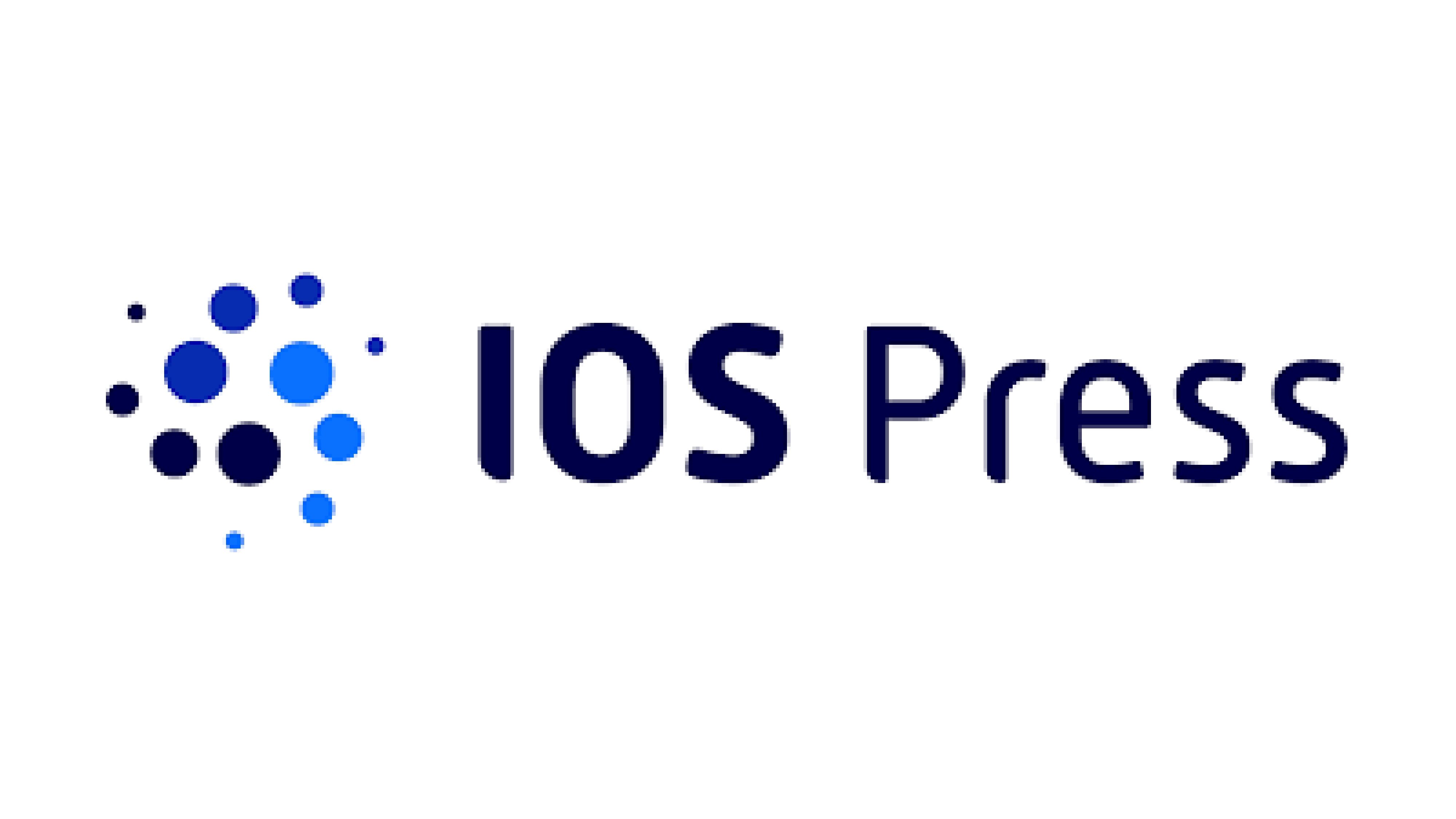
The augmented-feedback rehabilitation technique facilitates the arm motor recovery in patients after a recent stroke
1 Gennaio 2003
Previous studies have shown that the motor training … The augmented-feedback rehabilitation technique facilitates the arm motor recovery in patients after a recent stroke
Previous studies have shown that the motor training in a virtual-environment with the augmented feedback promotes motor learning in normal subjects and in long-term post-stroke patients. We evaluated whether this approach could be useful also for treating patients with arm motor deficits due to a recent stroke. Twenty-four patients were included in the study within 3 months from an ischemic stroke in the territory of the middle cerebral artery. Twelve subjects received virtual-environment-training (VET) therapy for the arm, and twelve patients received an equal amount of a conventional rehabilitation therapy focused to the upper limb. Before and after therapy, the autonomy of daily living activities were assessed with the Functional Independence Measure and the degree of motor impairment was measured with the Fugl-Meyer scale for the upper extremity. For both groups the therapy lasted from 5 to 7 weeks, 1 hour daily for five days a week. The VET therapy group showed 20,2% and 12,4% improvements in the Fugl-Meyer and the Functional Independence Measure scale mean scores respectively. In a comparable way, the conventional therapy determined significant, but smaller scores improvements: 11,3% and 9,1%, respectively. These data indicate that the recovery of arm motor function in patients after a recent stroke is promoted by an augmented feedback strategy applied through a virtual-environment.

